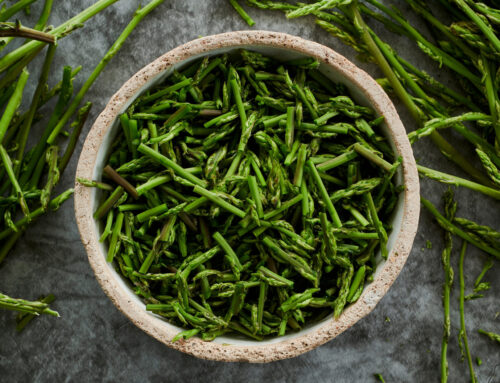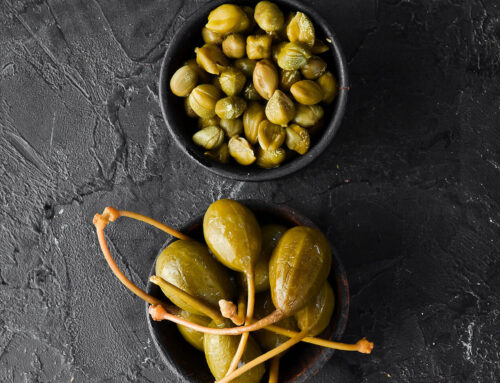Kalamata Olives: A Flavorful Greek Superfood
Kalamata olives, native to the southern region of Greece, are prized for their distinctive flavor and unique health benefits. These dark purple, almond-shaped olives have long been a staple in Greek cuisine and the Mediterranean diet.
Origin and Characteristics
Kalamata olives derive their name from the city of Kalamata in the Peloponnese region of Greece. They are harvested when fully ripe and are typically preserved in a brine solution, which accentuates their rich, fruity flavor and firm texture. Kalamata olives are larger than most other olive varieties and are easily recognizable by their dark purple color and almond shape.
Nutritional Profile
Kalamata olives are a nutrient-dense food, offering a good source of healthy fats, dietary fiber, and essential vitamins and minerals, such as vitamin E, calcium, and iron. They are particularly rich in monounsaturated fats, specifically oleic acid, which is associated with improved heart health and reduced inflammation.
Health Benefits
The consumption of Kalamata olives has been linked to several health benefits, including:
Cardiovascular Health
The monounsaturated fats in Kalamata olives can help lower LDL (bad) cholesterol and increase HDL (good) cholesterol levels, reducing the risk of heart disease.
Antioxidant Properties
Kalamata olives are a good source of antioxidants, such as polyphenols and vitamin E, which can protect the body from oxidative stress and reduce inflammation.
Weight Management
The healthy fats and fiber content in Kalamata olives can contribute to a balanced diet, promoting satiety and supporting weight management.
Bone Health
The calcium content in Kalamata olives plays a crucial role in maintaining strong bones and preventing osteoporosis.
Culinary Uses
Kalamata olives are a versatile ingredient in Greek cuisine, used in a wide range of dishes. They can be enjoyed on their own as a snack or appetizer or incorporated into salads, like the traditional Greek salad. Kalamata olives also pair well with fish, poultry, and other meats, adding a burst of flavor and depth to Mediterranean-inspired dishes.
Choosing and Storing Kalamata Olives
When selecting Kalamata olives, look for those preserved in brine or olive oil, as these methods best maintain their flavor and texture. Avoid olives that appear shriveled or have an off-odor. Store Kalamata olives in their original brine or olive oil, in an airtight container, in the refrigerator. Properly stored, they can last several months.
Kalamata olives are a delightful Greek superfood that offers a unique combination of bold flavor and nutritional benefits. By understanding their distinct properties and incorporating them into your diet, you can fully appreciate the role of Kalamata olives in Greek cuisine. Culinary arts students, chefs, researchers, and food enthusiasts can all benefit from embracing these tasty, nutrient-rich olives in their cooking and dietary practices, adding a touch of Greek tradition and healthful nourishment to their meals.



